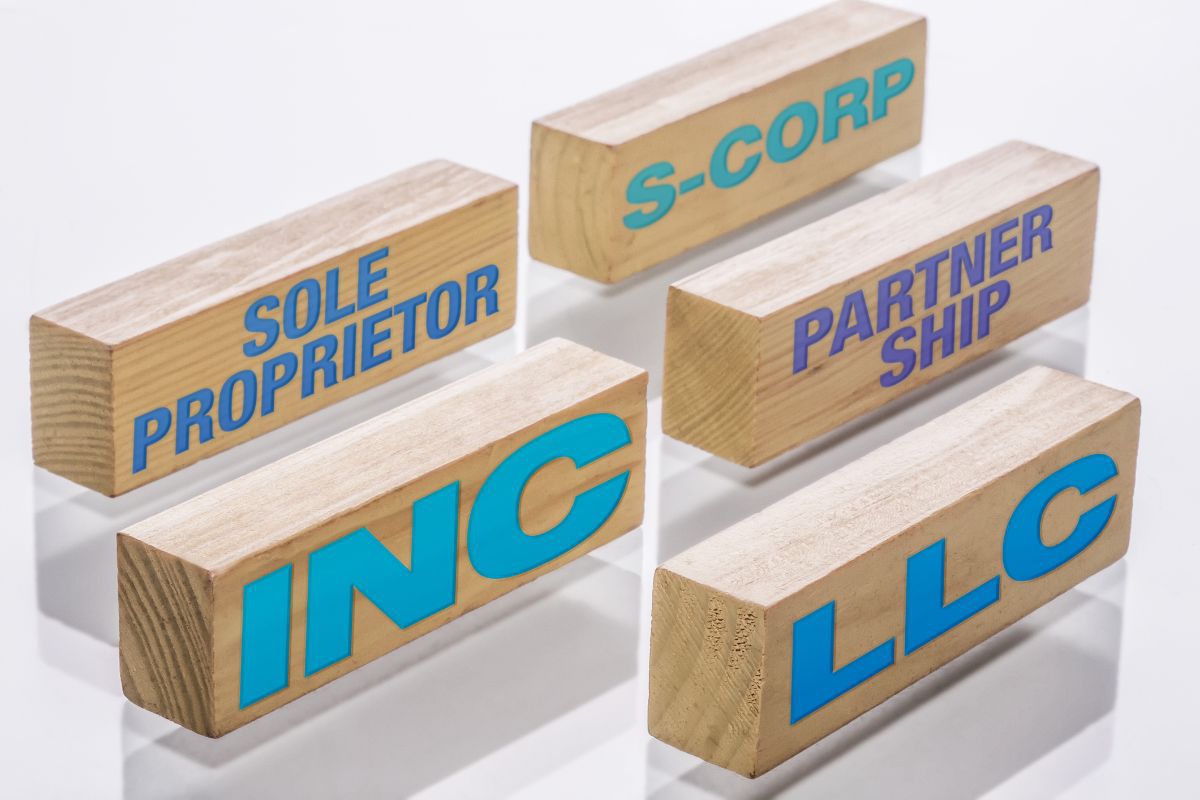If you are starting a business, there are three key types of business entities that you may need a lawyer’s help to form. If you already own a business, you may be curious to learn how your business’s structure can protect you and other stakeholders.
People need business entities because they separate individual actions from business actions. Business decisions often involve many moving parts and decision-makers. The law recognizes this and provides business owners with a shield of protection. By forming appropriate business entities, individual owners can insulate themselves and officers, directors, and employees from personal liability for actions that their businesses took.
In addition to liability protection, a business entity structure offers protection should the business break up. A “business divorce” or dissolution can be extremely draining, financially and personally. With an appropriate entity in place, your business paperwork should already describe how to handle the divorce. If not, please take the time to contact our experienced business divorce lawyers at Henke, Williams & Boll LLP. In the meantime, learn more here about the 3 types of business entities you may need.
-
Corporation
A corporation is a common type of business entity. The management structure of a corporation is separate from the ownership structure. Shareholders are the “owners” of a corporation. They hold shares or stock in the corporation, can attend annual meetings, and can vote on some limited matters affecting the corporation. However, they do not manage the day-to-day operations of the corporation. Instead, appointed officers handle day-to-day operations. A board of directors makes decisions regarding the corporation’s operations, financial situation, transactions, and other important matters of business.
Corporations are a common choice of business structure because of, among other reasons, the liability protection they provide. Because shareholders own a corporation but do not participate in the day-to-day, they are insulated from personal liability for corporate decisions. The board of directors and officers also have personal liability protection for reasonable business judgments that they make in the course of running a corporation. A corporation is treated as its own legal entity that can assume liabilities and owe debts.
-
Limited Liability Company (LLC)
Limited liability companies (often called LLCs) also provide liability protection. The owners of LLCs are called members. In many states, members of an LLC can be individual people, corporations, and even other LLCs. Members may be active in an LLC’s management or be “silent partners” who provide capital investments. Some LLCs have managers who handle the companies’ day-to-day operations. If an LLC does not have managers, then the members handle the day-to-day.
In a similar way to corporations, LLCs are treated as their own legal entities that can assume liability in court or for debts. Members have some protection from personal liability for debts or penalties incurred by a limited liability company. LLCs also have flexible tax designation. Members can opt for “pass through” taxation, where LLC profits and losses are reported on their personal tax returns. Alternatively, they can choose for the LLC to be taxed as a corporation or partnership would be.
-
Partnership
Finally, some business owners opt to form partnerships. A partnership is a recognized legal entity owned and operated by two or more people. The purpose of a partnership is to run a business or trade. Partners contribute capital, property, skills, or labor to the partnership. They also share in the partnership’s profits and losses.
Unlike corporations and LLCs, partners can be personally liable for a partnership’s debts and legal liabilities. In a general partnership, each partner can be sued for the entire amount of the debt. In a limited partnership, partners agree to limit their personal liability to a specific amount, such as the amount they invested in the business. Taxation of partnerships is “pass through”, as described above.
Partnerships offer different and unique advantages for small business owners. Before you select a particular type of business entity, you should speak to a local business lawyer about your needs. Choosing the appropriate business structure could help you avoid a messy “business divorce” in the future.
We Can Help You Start Business Entities the Right Way
As experienced Houston business lawyers, we assist clients in choosing appropriate business entities. We also advise on the important written agreements you need to sign when you start a business. Henke, Williams & Boll LLP’s lawyers can analyze your unique situation and provide tailored advice. To set up a consultation, call (713) 936-5521 or use our convenient Contact Form.


